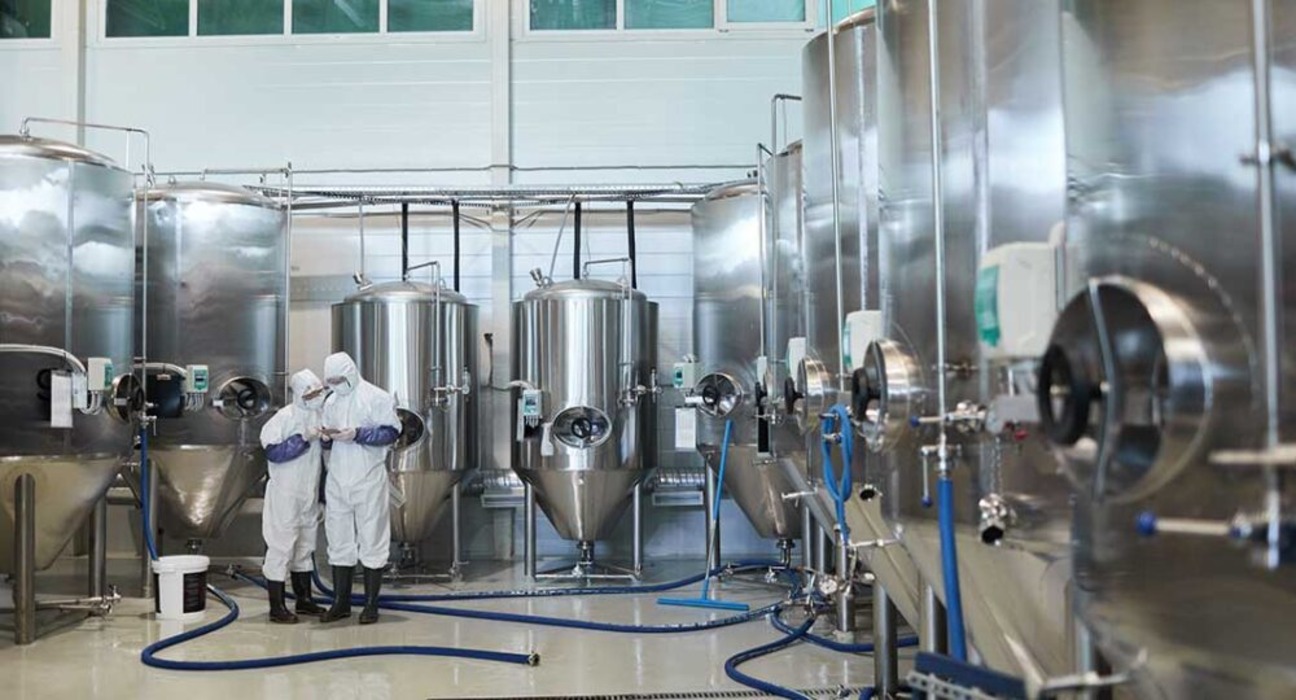Industrial process liquids are the lifeblood of manufacturing and industrial activity. From cooling systems to cleaning processes, these specialized liquids are pivotal in maintaining efficiency, enhancing productivity, and ensuring sustainability in various industries. Understanding their properties and applications provides insight into how they shape essential processes across the globe.
What Are Industrial Process Liquids?
Industrial process liquids are tailored substances used during manufacturing and industrial operations. They can serve functions like lubrication, cooling, cleaning, and chemical processing. These liquids are designed to handle high stress, heat, and pressure levels while maintaining specific properties that support intended applications. For example, coolants in heavy machinery help dissipate heat effectively, while cleaning agents in the food industry ensure hygiene standards are met.
The composition of process liquids varies depending on their purpose. They are often formulated with specific additives, chemical compounds, and stabilizers to meet the unique demands of their respective industries.
Key Properties of Industrial Process Liquids
The success of industrial process liquids lies in their unique physical and chemical properties. These qualities are deliberately engineered to ensure reliability and efficiency in challenging settings. Some of the most noteworthy properties include:
- Thermal Stability: Many industrial applications involve extreme temperatures. Process liquids must remain stable without breaking down under heat stress.
- Viscosity Control: Appropriate viscosity is crucial for maintaining operational efficiency, particularly in lubrication and fluid movement.
- Corrosion Prevention: Process liquids are often used in environments prone to rust or material degradation. Additives are included to mitigate corrosive effects on equipment.
- Solubility and Reactivity: Some liquids must dissolve or chemically react with other substances for effective results, as seen in cleaning agents and chemical processes.
- Contamination Resistance: To ensure long-term functionality, industrial liquids are designed to resist bacterial growth or particulate contamination.
How Industrial Process Liquids Drive Efficiency
Efficiency is a priority in any industrial operation, and process liquids contribute significantly in several ways:
- Minimizing Equipment Wear: Lubricants, for example, reduce friction between moving parts, extending equipment life and minimizing maintenance needs.
- Heat Regulation: Coolants prevent overheating by efficiently transferring thermal energy, ensuring uninterrupted machine operation.
- Enhancing Cleaning Processes: Specialized cleaning agents and degreasers are essential for maintaining hygiene and removing unwanted residues.
- Optimizing Chemical Reactions: Certain liquids facilitate precise chemical interactions, enabling mass production in industries like pharmaceuticals and petrochemicals.
These functions are critical for reducing downtime, improving output quality, and lowering costs.
Applications Across Various Industries
Industrial process liquids are employed across a broad spectrum of industries. Each industry tailors its use of these liquids to meet specific requirements:
- Manufacturing: Cutting fluids and coolants are used in machining processes to maintain precision and prevent overheating.
- Food and Beverage: Sanitizing agents and cleaning solutions ensure compliance with food safety regulations.
- Automotive: Brake fluids, lubricants, and antifreeze are indispensable in vehicle design and maintenance.
- Energy Production: Thermal fluids are used to transfer heat in power plants and renewable energy systems.
- Petrochemical and Pharmaceuticals: Process liquids facilitate chemical synthesis and separation processes in both fields.
No matter the industry, these liquids maximize productivity and play a role in safeguarding the integrity of operations.
Sustainability and Environmental Concerns
As industries prioritize sustainability, the environmental impact of process liquids has grown in focus. Many liquids used historically contained harmful chemicals or were non-biodegradable, posing challenges in disposal and contamination.
Today, strides are being made to create eco-friendly alternatives. Biodegradable process liquids, for instance, decompose naturally after use, reducing pollution risk. Recycling initiatives have also become more common, where used liquids are treated and reused instead of being discarded.
A sustainable approach ensures not only regulatory compliance but also a reduced carbon footprint. This fosters long-term benefits for both businesses and the environment.
Challenges and Solutions in Process Liquid Systems
While industrial process liquids provide remarkable benefits, they also present challenges. Problems like foam formation can disrupt the efficiency of systems, as trapped air and foam interfere with liquid integrity. To address this, specialized additives are employed. For instance, a defoamer chemical is often introduced to control foam formation and maintain operational continuity. Other challenges, such as contamination and degradation of liquid properties over time, are tackled by periodic monitoring and maintenance programs.
By proactively managing these issues, industries can ensure that their process liquids continue to perform optimally.
The Future of Industrial Process Liquids
Advancements in materials science and technology promise exciting developments in industrial liquids. We can expect smarter formulations, such as self-healing or adaptive process fluids, which adjust their properties in response to environmental changes. Digital monitoring systems are also being integrated, allowing real-time tracking of liquid conditions and predictive maintenance.
These innovations will push industries toward greater efficiency, productivity, and environmental stewardship.
Conclusion
Industrial process liquids are fundamental to modern industry. Their unique properties and applications span diverse sectors, driving efficiency, enabling precision, and supporting sustainable practices. With ongoing innovation and a commitment to addressing environmental challenges, these liquids will continue to shape industrial landscapes for years.











